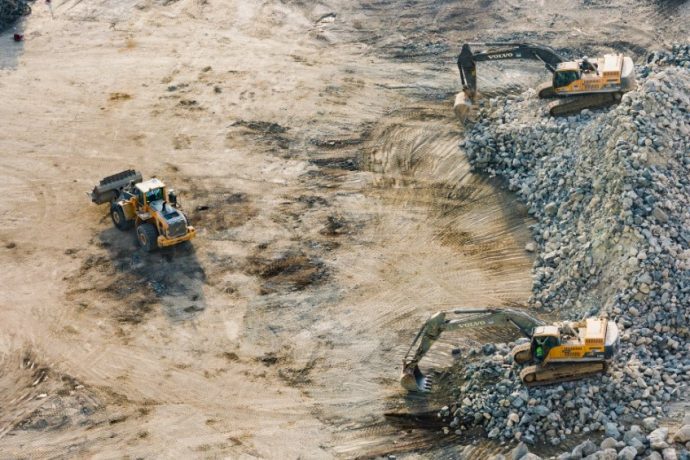The Department of Labor refers to the construction sector as a group of companies engaged in the development and construction of engineering projects, including bridges and roads. The construction industry is a crucial part of the country’s economy. There are different types of construction projects, but they all would not be successful without the use of reliable construction equipment. So the big question for you as a project owner or developer is, how do you find the right construction equipment for your project?

Analyze the Size of Your Project
When you look at your project, consider the type of construction equipment you require or the job. You need to assess the scope of the project you need them for. Some construction jobs need heavy-duty vehicles such as cranes. These often range in size from the medium bucket trucks and boom lifts to boom crane trucks for handling large projects. Bigger machines such as trucks and bottom lift cranes are not just suitable for relatively large jobs. You can also use them for smaller projects. However, you need to know the right tools to use for your particular job.
The Availability of Parts and Equipment
Since your construction equipment will be an integral part of the project, ensure that you have the facilities needed to keep it working correctly. Depending on the devices you are using, it could include the availability of spare parts, or specialists, or both. Select equipment with spare parts that are readily available just in case you run into trouble. Ensure that there is a trusted specialist you can consult regarding your construction equipment if the need arises.
The Unit Cost of Production
In the construction sector, the term “unit cost” refers to the actual total expenditure incurred by your firm to produce, store, and then sell a unit of product. Units are synonymous with the total number of goods you can sell in the long run. So the economics of equipment is a crucial consideration in choosing your equipment and gear. Thus, when calculating the total cost of owning equipment, you need to include expenses such as packaging and insurance.
If your construction team needs additional items for the project, it is crucial for you to know where to look. Rough grading, coupled with final grading, needs two peculiar rentals, as does dredging and backfilling. So it is critical to find out which type of equipment is right for what you need to get done.

